CEDHARS

Disability discrimination abounds in medical practice, public transportation
In an editorial that appeared in The New York Times last week, Dr. Lisa Iezzoni, a researcher and physician from Harvard University and Massachusetts General Hospital, conducted a set of focus groups among her peer physicians to examine their attitudes toward treating people with disabilities. Disappointingly, she concluded that the medical profession continues to be largely discriminatory in providing healthcare for people with disabilities. While I have been an active reader of Dr. Iezzoni’s research for the last two decades and have heard many times before that physicians aren’t treating patients with disabilities in the same way as patients without disabilities, the findings from this new study were even more dramatic and shocking than her previous reports. Here is a quote that summarizes the study findings:
Read more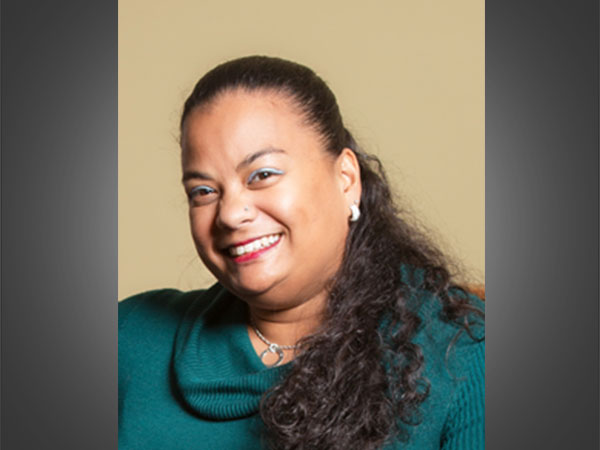
Director of NIDILRR visits UAB, speaks on disability identity
Dr. Anjali Forber-Pratt, director of the National Institute on Disability, Independent Living, and Rehabilitation Research had a successful visit to UAB’s campus last week, meeting with various NIDILRR grantee stakeholders as well as giving a seminar on disability identity.
Read more
Wall Street Journal gets into the science of disability inclusion
Each morning after doing a few chores, I open two newspapers on my computer – the New York Times and the Wall Street Journal (WSJ). The Times recognized the importance of covering stories on people with disabilities several years ago and runs a regular column on disability that appears every few weeks. The series led to the book About Us, which is a terrific collection of personal stories written by people with disabilities.
Read more
CEDHARS faculty collaborating with Arts in Medicine on healing festival
The area of research in garnering the power of arts in health is growing, and a CEDHARS faculty member is bringing his expertise in occupational therapy to the field.
Read more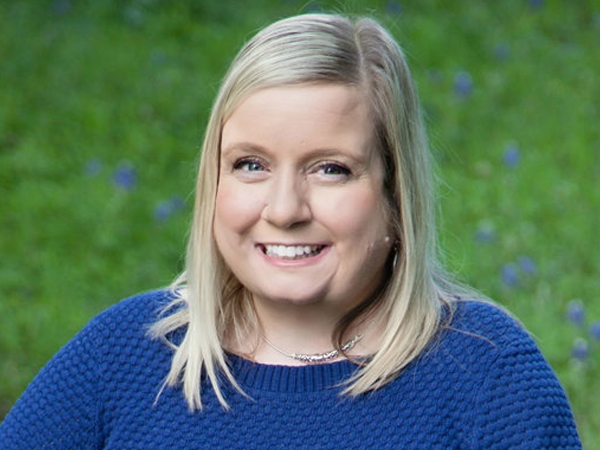
ICYMI: Developing anti-ableist practices in health care
When we conflate disability and health status, our efforts to promote a healthy life for all are undermined.
Read more
Commentary: Academia needs to reckon with ableism
As reported in a new systematic review by Sally Lindsay and Kristina Fuentes at the University of Toronto, ableist attitudes and resistance are stigmatizing disabilities, stifling faculty and staff with a disability from advocating for themselves, and preventing critical accommodations and policies for faculty and staff with a disability from being created and widely implemented.
Read more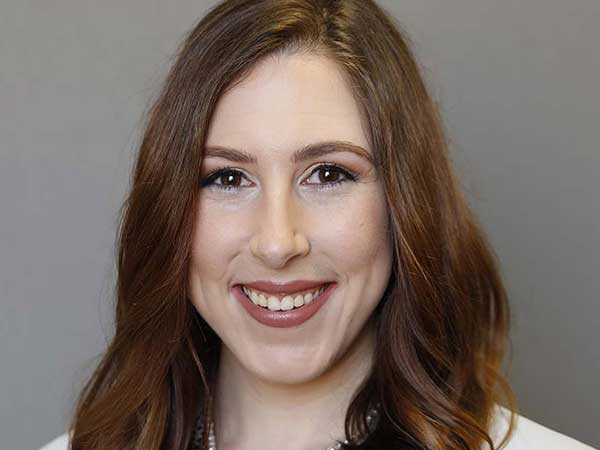
Pilot grant hopes to optimize most effective treatment for Parkinson’s Disease
Although dopaminergic therapy, particularly the medication levodopa, can be quite effective for treating Parkinson’s Disease, the efficacy can widely vary from person to person. But a NORC grant awarded to a fellow in The UAB/Lakeshore Research Collaborative is looking to shrink that gap.
Read more
Please stop using these ableist terms
Last week, The New York Times printed an excellent editorial by M. Leona Godin, a nationally known scholar and author who is blind. Ms. Godin recalls an incident where she met up with two friends who are also blind in her hometown of San Francisco. One of the women, Haben Girma, is the only deaf-blind graduate of Harvard Law School. Communicating with Ms. Girma involves typing into her wireless keyboard so that she can read the words on her Braille display and respond verbally. Since Ms. Godin was not used to communicating this way, she was making numerous grammatical errors. In an expression of frustration, she commented, “I feel so dumb,” which was met by a terse reply from the other person, Caitlin Hernandez, “That’s ableist.”
Read more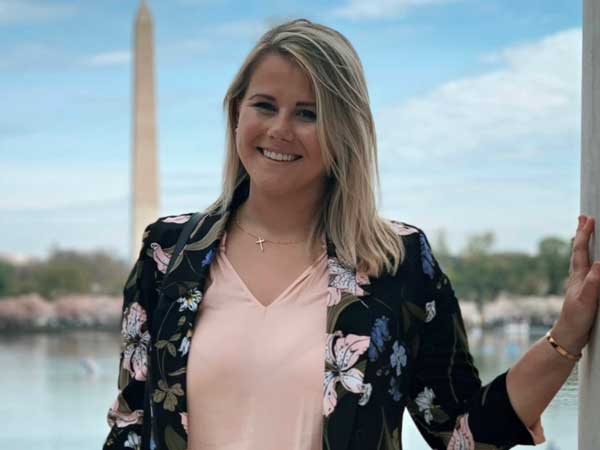
Dissertation: Impact of the COVID-19 pandemic on college students with disabilities
This phenomenological dissertation explored how the COVID-19 pandemic impacted college students and postdoctoral fellows who have a disability or chronic health condition.
Read more
Medical (red), social (blue) models of disability need to be transformed into a shade of purple
It’s not black and white, and it shouldn’t be red or blue, either.
Read more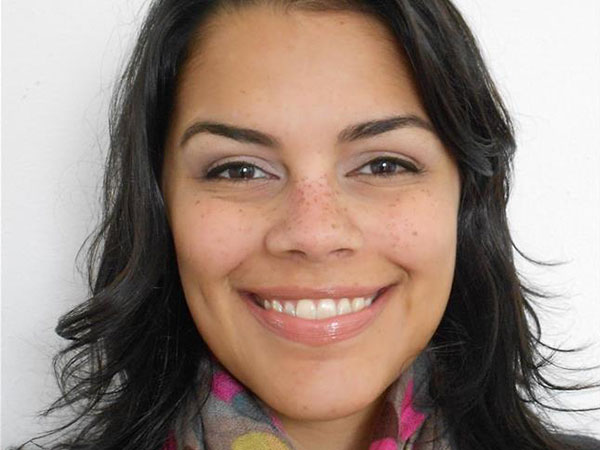
CEDHARS pilot grant looking to revolutionize stroke recovery
Therapists at the UAB Taub Training Clinic had developed and delivered a revolutionary intervention for patients recovering from stroke known as constraint induced therapy until it was forced to close in 2020 for financial burden due to poor insurance reimbursement and time required by therapists.
Read more
The World Games to feature adaptive sport, accessibility initiative
The World Games 2022, an international multi-sport event organized with the support of the International Olympic Committee, will hold its 11th edition in Birmingham from July 7-17, 2022. And thanks to the Disability Inclusion Program, this will be the first edition of TWG – or any international multi-sport event – to include an adaptive sport.
Read more
Young people with disabilities expanding aperture of diversity in academia
In a previous editorial I commented on Lindsay Bowe’s powerful expression in the UAB Graduate School “Say It In 6” competition with her insightful words: "Disabled and equally capable as before."
Read more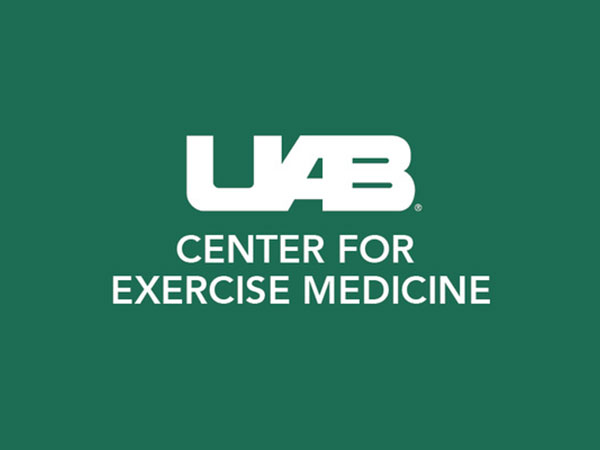
UCEM, NORC, CEDHARS to hold precision medicine research symposium
The UAB Center for Exercise Medicine, the Nutrition Obesity Research Center and the Center for Engagement in Disability Health and Rehabilitation Sciences are pleased to jointly host the “Precision-The Genes and Beyond” Research Symposium.
Read more
UAB Center for Exercise Medicine requesting applications for pilot grant
The UAB Center for Exercise Medicine (UCEM) is pleased to announce an RFA to fund pilot research that focuses on Muscle Research related to basic biology, disease, and/or exercise. Research related to any of the muscle types (skeletal, cardiac, smooth muscle) is relevant to this RFA.
Read more
CEDHARS pilot grant looking at diet for patients with spinal cord injuries
Postdoctoral fellow in the Heersink School of Medicine’s department of physical medicine and rehabilitation Dr. Jia Li is channeling the CEDHARS spirit by extrapolating her prior research to include people with disabilities.
Read more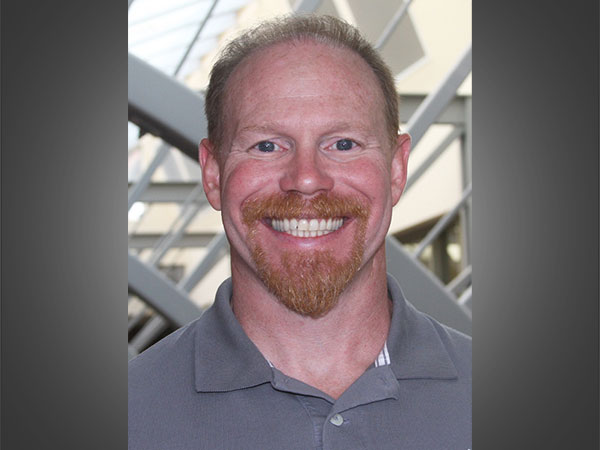
Seminar Series focuses on geriatric issues, will feature adaptive sports expert
The seminar series hosted by CEDHARS continued with a presentation on a novel approach to neurodegenerative geriatric conditions, and the center is excited to welcome adaptive sports expert Dr. Justin LaFerrier today.
Read more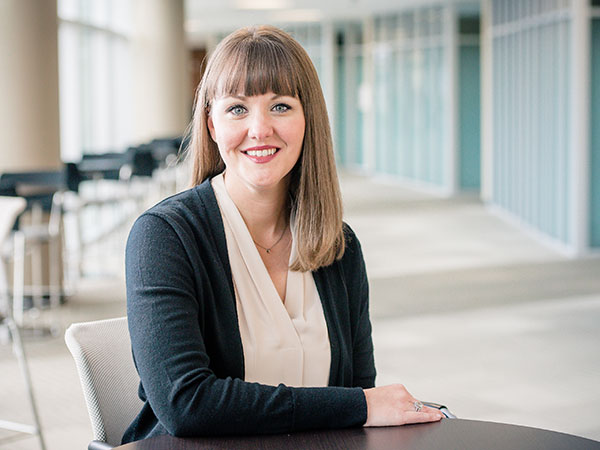
From combining backgrounds to DOD study on dietary interventions for MS
Dr. Brooks Wingo was a clinical social worker, looking for solutions for her patients who experienced weight gain as a side effect for a new and effective psychosis medication, when she decided to marry her interests and get a doctorate in health education and promotion from UAB’s School of Public Health.
Read more
Turning the corner on increasing visibility of UAB students with disabilities
"Disabled and equally capable as before."
Read more
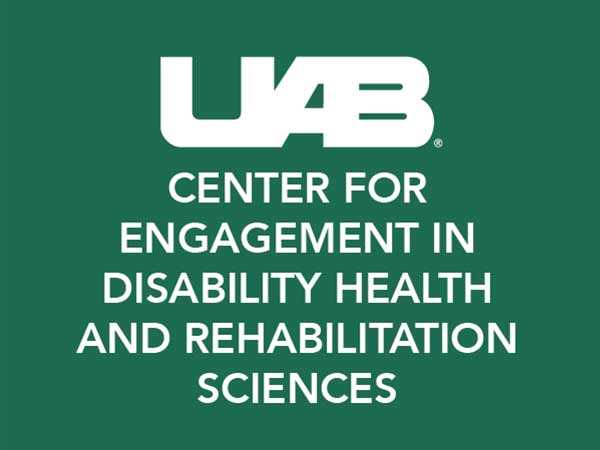
Seminar speaker series rolls on
Rachel Ashcraft, licensed occupational therapist and TBRI practitioner, gave a seminar presentation on April 21 titled “A Case for Trauma Informed Care Across Healthcare Settings.”
Read more